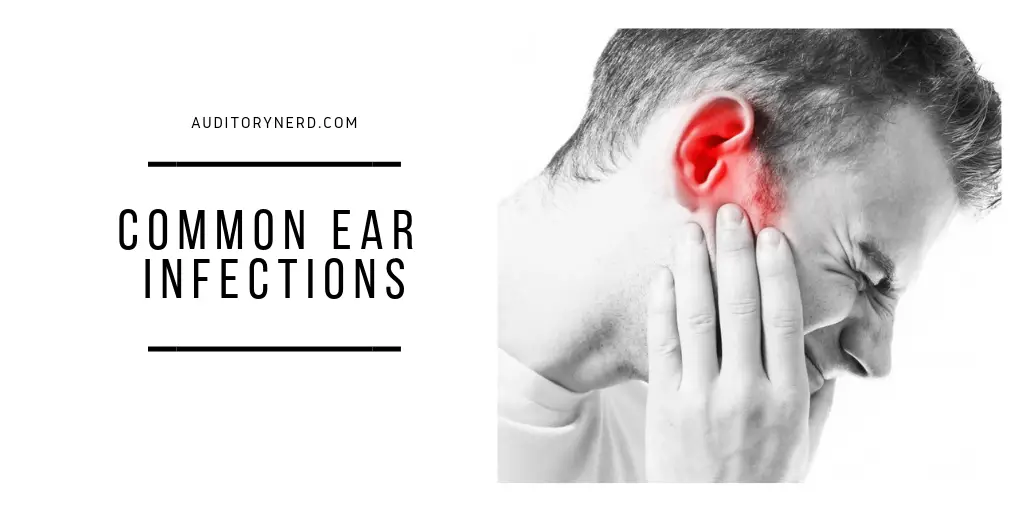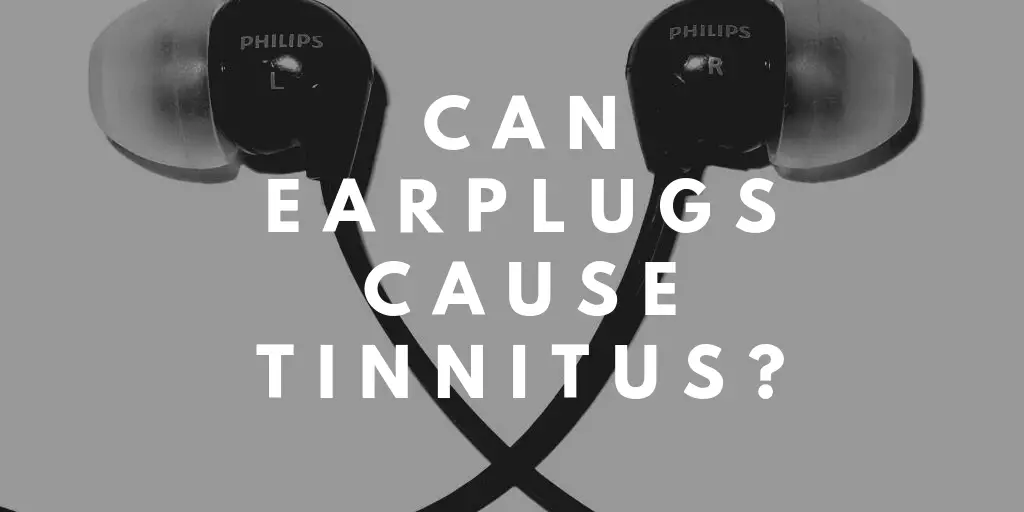10 Common Ear Infections And What You Can Do About Them
Ear infections can affect anyone, and there are many of them. Some of the most common ear infections include:
Otitis media
This is the inflammation of the middle ear. When there is inflammation, there is a buildup of fluid. While the condition can affect both adults and children, it’s more common in children.
Studies show that many children tend to suffer several bouts of the condition before they reach 7 years.

When your child has the condition, they tend to cry a lot, pull the ear, be irritable, have a mild fever, among many other things.
Tinnitus
Tinnitus is characterized as ringing in the ear, but sometimes you tend to experience ear buzzing, hissing, clicking, and roaring.
When you are suffering from the condition, you experience unexplained sound in one or both ears. The sounds are soft or loud, depending on the extent of infection.
In most cases, tinnitus problems fix themselves on their own, but if the condition gets worse, you should get the input of a professional. Some of the most common treatment options are sound therapy and stress management.
Glue ear
It’s a form of chronic Otitis media. It comes about due to a long-term build-up of thick, sticky fluid in the middle ear behind the eardrum.
Depending on the extent of buildup, you can suffer from hearing loss. When children have the condition, they have problems socializing and learning.
Swimmer’s ear
Also known as Otitis externa, this condition is characterized by the inflammation of the ear canal. The condition comes about due to moisture accumulation in the ear canal, which leads to ear irritation.
If you don’t fix the issue early enough, it can lead to an ear infection.
When you are suffering from the condition, you tend to have redness in the ear canal accompanied by itching and clear, non-smelly discharge.
When you don’t fix the problem early enough, the symptoms worsen, leading to inflammation of the lymph nodes and fever.
The cool thing is that there are plenty of medications that you can use to fix the inflammation and restore the normal working of the ear.
Meniere’s disease

The condition affects the inner ear, specifically the endolymphatic sac, also known as the labyrinth. The sac is responsible for the perception of balance.
When you have Meniere’s disease, you experience dizziness, vertigo, sweating, palpitation, and tinnitus. If the condition has extended to a severe extent, you are bound to suffer from hearing loss.
It’s often difficult to treat the symptoms, but some medications can treat the root cause. In addition to the medications, you can also fix the condition by managing stress and closely watching your diet.
Cholesteatoma
It’s characterized by abnormal growth of skin in the middle ear, often due to a chronic infection.
The condition’s symptoms include the growth of small pouches and cysts in the middle ear, leading to hearing loss if you don’t fix them early enough.
In severe cases, you tend to suffer from dizziness and even paralysis of facial muscles. You can easily treat this condition with antibiotics, but you can remove it using surgery if you have a large or infected cholesteatoma.
Otomycosis
Otomycosis is the infection of the external ear and comes about due to a fungus. The symptoms of the condition include: inflammation, flaky, scaly skin, and discomfort in the ear canal.
In some cases, you might experience some discharge.
Treatment options for the condition include the application of topical antifungals and taking oral antihistamines. These will kill the fungi and, at the same time, relieve the symptoms.

This is the injury brought about by a change in water or air pressure. It results from a sudden change in altitude. For example, when you are on an airplane, undertaking scuba diving, or driving up a mountain.
There are plenty of symptoms associated with the condition. The most common ones are: popping sound in the ears, pain, dizziness, and hearing loss.
This is one of the easiest conditions to treat. Simply yawning, swallowing, or chewing will fix it by relieving the pressure. If you have done the above and still can’t fix the issue, you should take decongestants.
Vestibular neuritis
This is the inflammation of the inner ear, and a viral infection causes it. Its symptoms include: mild dizziness, vertigo, ear pain, mild loss of hearing, and Nystagmus. This is a condition characterized by involuntary movement of the eyes.
To treat the condition, you need to take viral medications until all the symptoms disappear.
Presbycusis
Its main characteristic is hearing loss as a result of aging. You will find the condition mostly with people over the age of 65,
When you have the condition, you experience a gradual hearing loss, which starts with a reduced hearing of high-pitched sounds such as ringing phones, chirping birds, and women and children voices.
As the condition gets worse, you are unable to hear completely.
Since you are already suffering from hearing loss, your doctor may recommend that you wear hearing aids. If the hearing loss is mild, it would be wise to stay away from a lot of noise.
If you spend long hours in noisy environments, you should always wear hearing protection equipment.
How can you prevent ear problems?
You are your first doctor. This means that it’s your responsibility to take care of your ears. Some of the things you can do to keep your ears in top shape include:
- Failing to use cotton buds and other devices to clean the ears. You should note that repeated attempts to remove earwax with a cotton bud or a similar object are bound to lead to the wax getting more deeply impacted.
- If you suffer from a swimmer’s ear, you should wear earplugs all the time. This is to prevent water from getting into your ears.
- When working in a noisy environment such as a factory or any other place, you should always wear ear protectors.
- You should blow your nose properly all the time. You shouldn’t squeeze the noise when blowing. Also, you shouldn’t sniff.
- At least once a year, visit an ear doctor to inspect your ear and if there are any issues, fix them immediately.
When should you seek medical intervention?
When you notice an issue with your ears, you should seek medical intervention as early as possible. You should visit your doctor when:
- You are suffering from ear pain/or dizziness.
- There is pus or bloody discharge from the ear.
- Suffering from acutely impaired hearing
- You have head or neck trauma.
- You are suffering from fever and malaise that is accompanied by ear pain.
- You have been using ear medicine, but the condition hasn’t improved or has become itchy.
When you are seeking medical attention, ensure that you consult from an experienced and certified professional.



